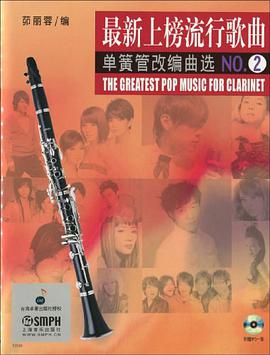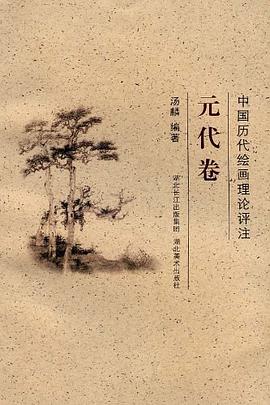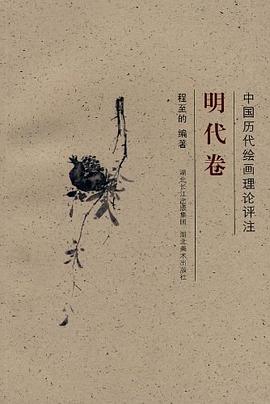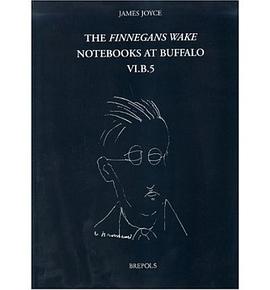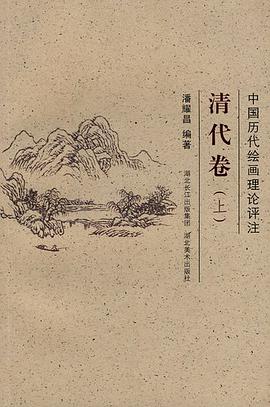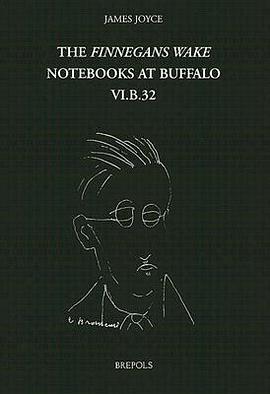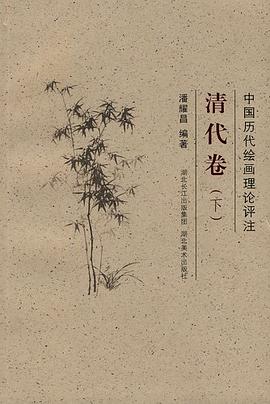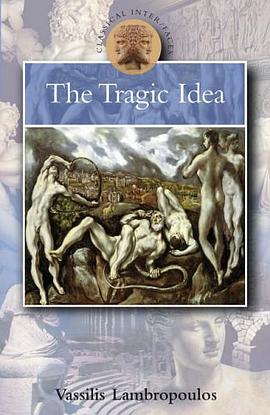

This radical series shows how Classical ideas and material have helped to shape the modern world. The interdisciplinary approach makes stimulating reading for all who welcome the challenge offered by new perspectives on Classical culture. Today we attribute a tragic quality to many things - works, experiences, values, events - but we forget how modern this idea is. This book traces the rise of the tragic idea from early Romanticism to late Modernism. Focusing on succinct, major statements, it maps one of the most absorbing philosophical conversations in modernity: the debate about the tragic meaning of life. This conversation has crossed geographical, linguistic, ideological and religious borders to bring thinkers together in an inquiry into the inner contradictions of liberty. While originally the tragic idea stood for the conflict of freedom and necessity, it gradually absorbed other irreconcilable dialectical collisions. It turned tragedy from a genre into a problem for ethics, aesthetics, criticism, classics, politics, anthropology and psychology, to name but a few. Scholars in these fields today will be fascinated to find human responsibility caught in the tragic web of modern dilemmas. Classicists in particular will be intrigued by the story of how, over the last two centuries, tragedy has acquired a second, parallel life away from the stage.
具体描述
读后感
评分
评分
评分
评分
用户评价
相关图书
本站所有内容均为互联网搜索引擎提供的公开搜索信息,本站不存储任何数据与内容,任何内容与数据均与本站无关,如有需要请联系相关搜索引擎包括但不限于百度,google,bing,sogou 等
© 2025 book.wenda123.org All Rights Reserved. 图书目录大全 版权所有






